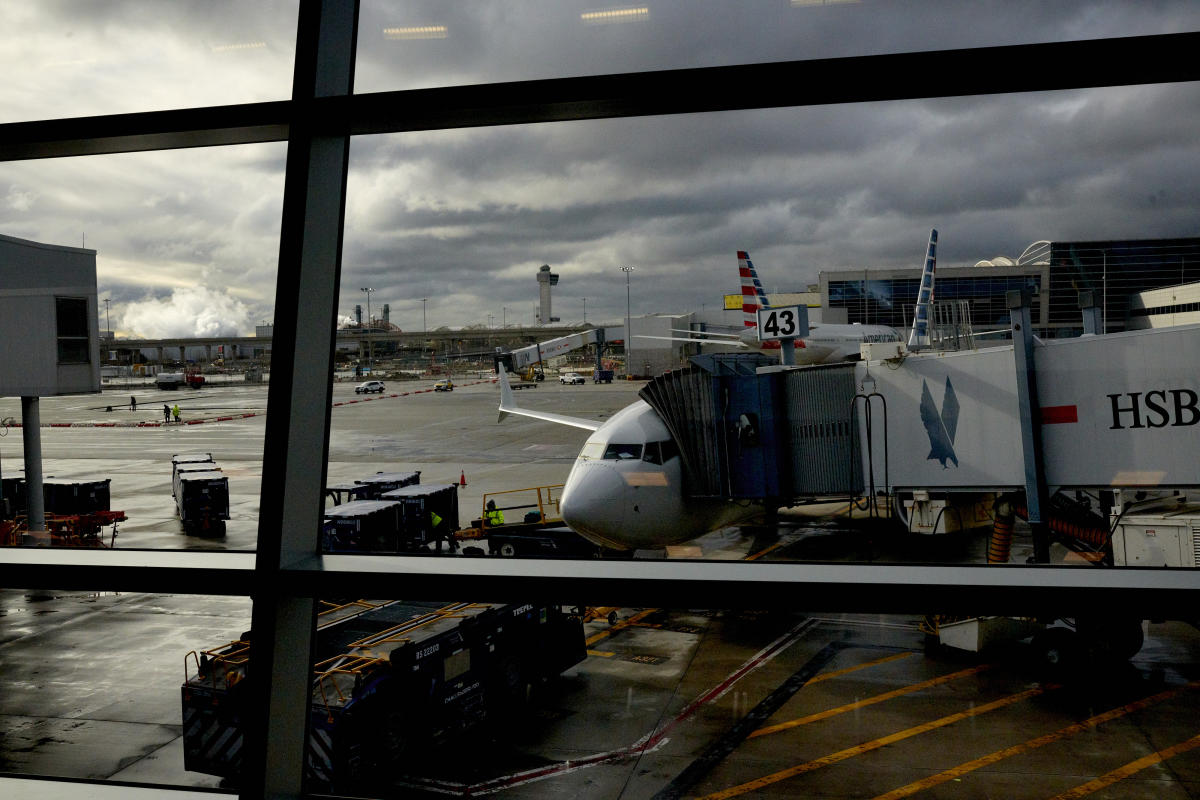Preventing exposure to COVID, as well as other illnesses, falls squarely under "health and safety". They clearly state that this doesn't increase safety, which I disagree. It perhaps doesn't increase flight safety, but it doesn't hurt it either, and it does help the actual dispatcher stay healthy (something you'd think these two groups care about). In the case of OO, they do not require a vaccine and there are several who are not vaccinated, including several who are in the upper age range and most at risk. I can recall one individual who didn't utilize WFH and was out for a long time with COVID and I was truly concerned he may not return. I know of others that worked a floor below the OCC who died from COVID. Why should we not allow something that helps people avoid illness when its proven to be safe and reliable?
Even if the vaccine was 100% perfect I don't think it would matter, WFH doesn't decrease safety and SkyWest's WFH program (and probably Republics) is evidence of the fact that it can be done reliably and safely. The FAA has determined these programs are being ran safely, there is regular surveillance, there is review, and these programs continue to pass the test. Authorization was being granted roughly every two weeks when I left. What else is scrutinized to that level, where the OPSPEC has to reauthorize it on a bi-weekly basis?
You guys over exaggerate so much on this topic, it's kind of hilarious. If your power supply is that unreliable you're not authorized to work from home in the first place. Non-issue. Multiday power outages for thunderstorms and ice storms seems like a larger issue that would impact the OCC regardless. One WFH dispatcher unable to connect doesn't make "phones ring off the hook". One or two calls, maybe, assuming they didn't call in and report they were having issues, and the beginning of the desk is slowly spread. Non-issue. I'll grant you the internet part, although it was never an issue, I have always firmly believed they needed to issue hotspots for internet to act as a back up.
WFH isn't a path way to outsourcing jobs because a requirement is that the dispatcher has to be able to report to the OCC at any moment in their shift, kinda hard to do that from half way around the world. If that requirement is ever dropped you can make that assertion, but I think that's a pretty big sticking point so I doubt it ever will. I think a lot of people would turn against WFH if they did that, myself included.
These comments just prove what I said earlier. You don't understand it, you don't know how it works, and instead of trying to understand it and know how it works, know how things have been accounted for, you jump straight into "I hate it" and don't want to hear any other part of it. I get it though, until I left I didn't realize how strange other OCC's can be ran. It works for SkyWest because they have a great operation and built the WFH program to work seamlessly inside of it. Knowing what I know about other OCC's, yeah I can't say they have the right culture, tech, or anything else to pull it off. If an operation like that is in your limited view of how dispatch works then sure, it can seem scary. That's the point though, no operation is the same, some truly have this concept figured out.
None of these ADF or TWU people have ever stepped foot inside of the OCC's running WFH, they have no idea how it is ran, they make their own assumptions and provide comments to yahoo which just makes them look like ignorant fools.

 news.yahoo.com
news.yahoo.com

